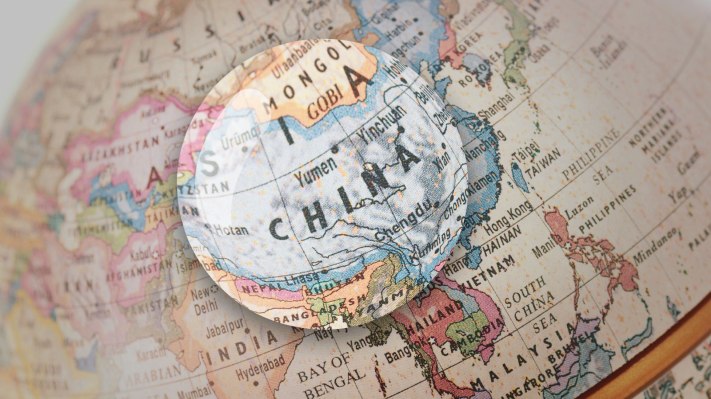Editor’s note: Zack Weisfeld is general manager at Microsoft Ventures Global Accelerators.
I recently returned from my latest business trip to China, where I had the opportunity to meet with local entrepreneurs, VCs, and representatives from China’s Silicon Valley, Zhong Guan Cun. This reinforced my belief that China has become a hub for high-growth startups. The recent international success stories of Jack Ma’s Alibaba and Xiaomi, which just raised $1.1 billion, are just a few examples.
When I mentioned China’s growing number of technology startup companies to some of the leading local VCs, they agreed that there had been an explosion in the market and mentioned the increasing number of billion-dollar companies joining the ecosystem each year — most of which are geared toward serving domestic customers.
Many leading local VCs also acknowledged that the Chinese investment market is currently on fire. An article in Forbes illustrates just that. The article points out that in the third quarter of 2014, there were 107 venture investments in China’s technology sector with an aggregate deal value of $4.66 billion. This easily surpasses the 98 deals with a total value of $4.45 billion that occurred in 2013.
VCs admit that they are going with a “spray and pray” strategy, investing in as many early-stage startups as they can, for fear of missing out on the next billion-dollar company. In a quick-to-copy, fast-to-roll-out market like China’s, the real competition is between giants like Baidu and Alibaba. Smaller companies are often acquired to speed up growth or to eliminate the competition.
This explains the extremely high number of M&As in the technology sector in 2014 in China: 851 deals worth $47.5 billion, up 62 percent from 2013 ($29.3 billion via 654 deals) and the highest volume on record for the sector (based on information from Dealogic.com).
One of the venture capitalists I spoke to compared Chinese market investments to high-stakes poker: big risk and big reward. Seed investments in China are exceptionally high and can range from several millions to tens of millions of dollars. But there is a reason behind these unusual investment amounts: Chinese companies don’t have the necessary infrastructure that Western ecosystems have, meaning that most companies need to build everything from scratch. This requires a bigger investment. In addition, most Chinese startups serve local markets, which are usually easier to cater to. Lucky for them, their market happens to be the biggest in the world.
The Chinese entrepreneurs are a bit different than the typical startup founders. From everything I’ve learnt during my visits to China, Chineseentrepreneurs are more independent, mature, and mentally stable – as well as armed with strong interpersonal skills – than those found in other countries. Investors refer to them as “The new entrepreneur for the modern lifestyle,” and while some investors may describe them as not being as creative as Western entrepreneurs, where they excel is when it comes to execution. In China, the best operator, not the best innovator, carries the day.
However, what surprised me the most during my last visit to China was to see how the entire entrepreneurial landscape in the country is shifting.There is less bureaucracy involved in starting a new business than there was even a few years ago, with a simultaneous increase in the amount of resources being assigned to research and development (R&D).
Additionally, entrepreneurial education and culture are developing – albeit slowly – and there are clear efforts among numerous governmental authorities to encourage more private-sector involvement. While barriers continue to exist in the form of taxes and regulations, China is taking action to support innovation and growth for the long run.
The Chinese market is extremely hot. While startups go from nothing to billions and can often stage IPOs rather quickly, they are also able to attract customers and produce revenue (when they are not bought), as is the case with many of the companies coming out of our accelerator program in China.
Everything I saw and heard during my visit has confirmed that there is indeed a tech startup mania, but not necessarily a bubble. Yes, the investment money comes earlier in the startup life cycle (about 6-12 months earlier), and yes the time between rounds is shorter than usual; however faster growth requires more funding. Is this pace sustainable? Probably not. That being said, I believe that it is a golden time for the Chinese tech investment market that may eventually slow down, but never completely reverse itself. And with thousands of startups launching each year, I am confident that we will see numerous companies impacting not just the Chinese market, but changing the world.
